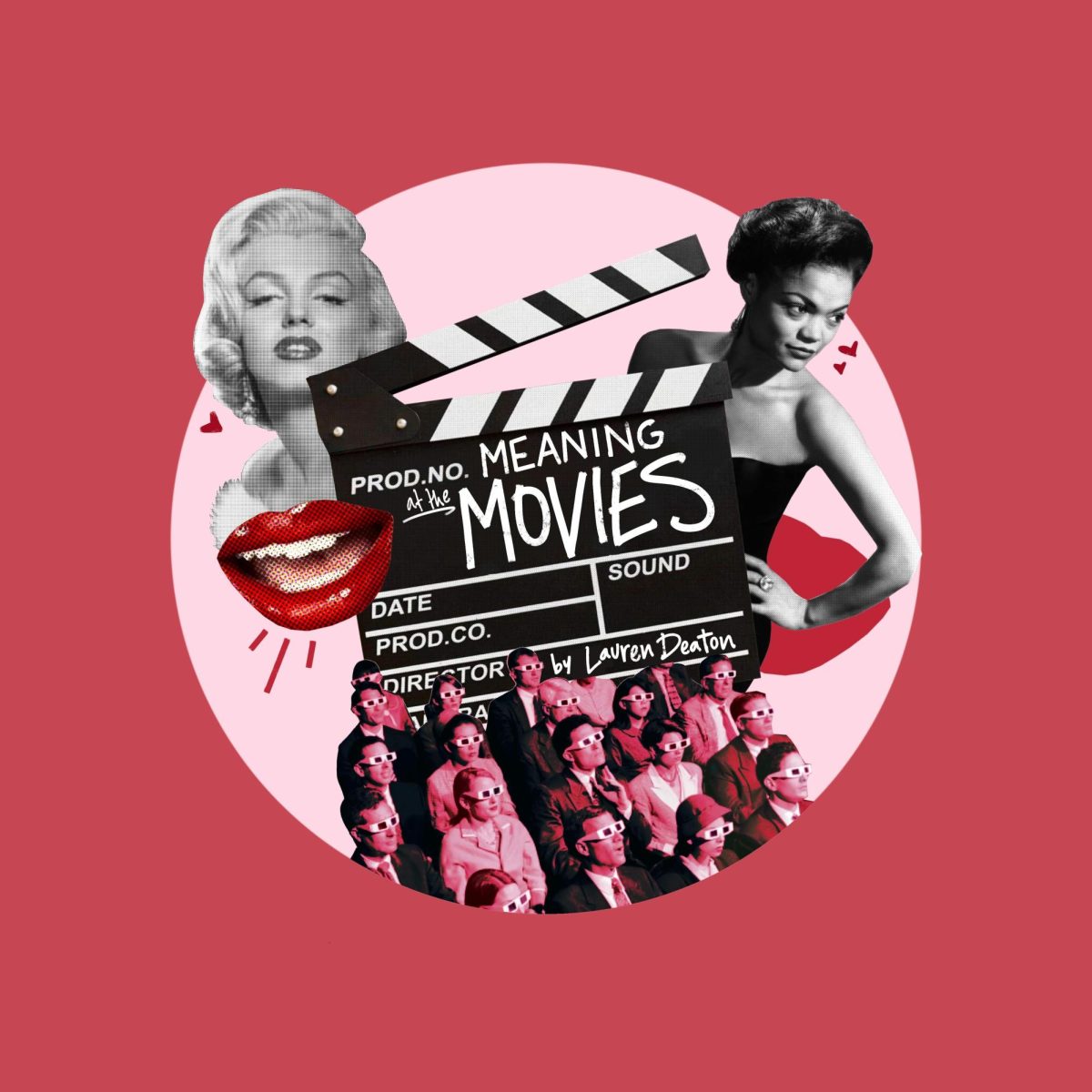Robert Pattinson is back and freakier than ever. Bong Joon Ho’s “Mickey-17” features the fan-favorite actor in not one, but two, incredible roles, as Mickey-17 and Mickey-18. “Mickey 17” follows Mickey Barnes, an unlikely hero who has taken a job as an expendable — a person who dies over and over for research only to be reprinted each time — with the same name but a new number for each “edition.”
The film moves on multiple levels, tracking the relationship between Mickey and his girlfriend Nasha (Naomi Ackie), the complications that arise when Mickey-18 is printed without Mickey-17 actually dying and all of these characters’ intense opposition to their corrupt employer Kenneth Marshall (Mark Ruffalo). The supporting cast also features Marshall’s wife Ylfa (Toni Collette) and Mickey’s terrible best friend Timo (Steven Yuen).
“Mickey 17” is director Bong’s first film since his widely loved and critically acclaimed 2019 film “Parasite.” “Parasite” is a movie that I can unquestionably point to as changing my life. It was one of the first fully subtitled films I watched, and it opened my eyes to the expanses, beauty and necessity of international cinema. Not only that, but it is also one of the films that fully catapulted me into the world of film and pure obsession with it. From that point on, whatever Bong did next, I was eager to watch.
Enter “Mickey 17,” a giant science fiction epic and post-Oscar blank-check film. It’s not uncommon for directors who win Oscars, especially for films as successful as “Parasite,” to then receive a large amount of funding to do almost anything they want with their next film. This is what Bong did with “Mickey 17,” and it is just so much fun. The film balances existential questions of life and death with an incredibly heartfelt romance — and somehow also a scathing critique of corrupt political situations.
Above all else, this is a film filled with tenderness and love — fighting for what you love and figuring out how to love every single version of yourself. The film is anchored in the romance between Mickey and his girlfriend Nasha. Mickey’s greatest desire always is to be with Nasha, which becomes especially clear when both Mickey-17 and Mickey-18 are present, as Mickey-17 becomes desperate to keep her safe and to get to be with her.
Naomi Acke’s performance as Nasha further enriches the romance. She steals every single scene she appears in. She quite literally loves Mickey in every single lifetime — every variant of him is hers, she loves him wholly and fully and completely over and over again. This is explicit in the text of the film too, not only through the implication that Nasha has loved Mickey through every incarnation, but also through the fact that she loves both Mickey-17 and Mickey-18 even as they exist at the same time. Every Mickey version is effectively a different piece of him, and Nasha unapologetically embraces every single one. The film is sweepingly romantic in both Mickey and Nasha’s relationship as well as in many ways the relationship is tied to the environment.
A key aspect of the plot of this film is the creepers, alien creatures who crawl across the ground and have “limbs” that can extend to trap prey. The creepers are the natives of Niflheim, the planet where Mickey and the rest of the humans recently arrived. Early in the film, they save Mickey-17 from what would have certainly been certain death, although he doesn’t realize this right away. However, while Mickey and Nasha eventually realize the good intentions of the creatures, the other humans don’t agree, seeing them only as a threat.
When one of the baby creepers enters the ship, the others on board — specifically the leader of the ship, Kenneth Marshall — are quick to view it as a threat. This results in the kidnapping of this creature and leads to an all-out war on the creatures themselves. Mickey and some of the others eventually figure out a way to communicate with the mother creeper, discovering that all she wants is her baby back. This discovery leads to an epic chase by both Mickeys and Nasha to return the baby to its mother before the fighting can fully erupt.
The attempt is successful and is in turn a powerful commentary on nativism and the rights of creatures to exist in their own habitats, as well as for humans to make attempts to coexist within them rather than overtake them. This undertone of the film is incredibly impactful and honestly one of the things that drew me in the most while watching. It is both subtle and sharp, managing to creep its way into the film before you fully know what’s happening and then ultimately delivering a sting of poignancy.
At the end of the day, this movie didn’t land perfectly for me. Its tone can be a bit jumbled at times, and it’s perhaps a little bit long, but it’s still something I definitely recommend seeing. Ultimately, “Mickey 17” is an incredibly romantic story that also serves as effective social commentary and will leave you thinking about yourself and your place in the world for weeks to come.


